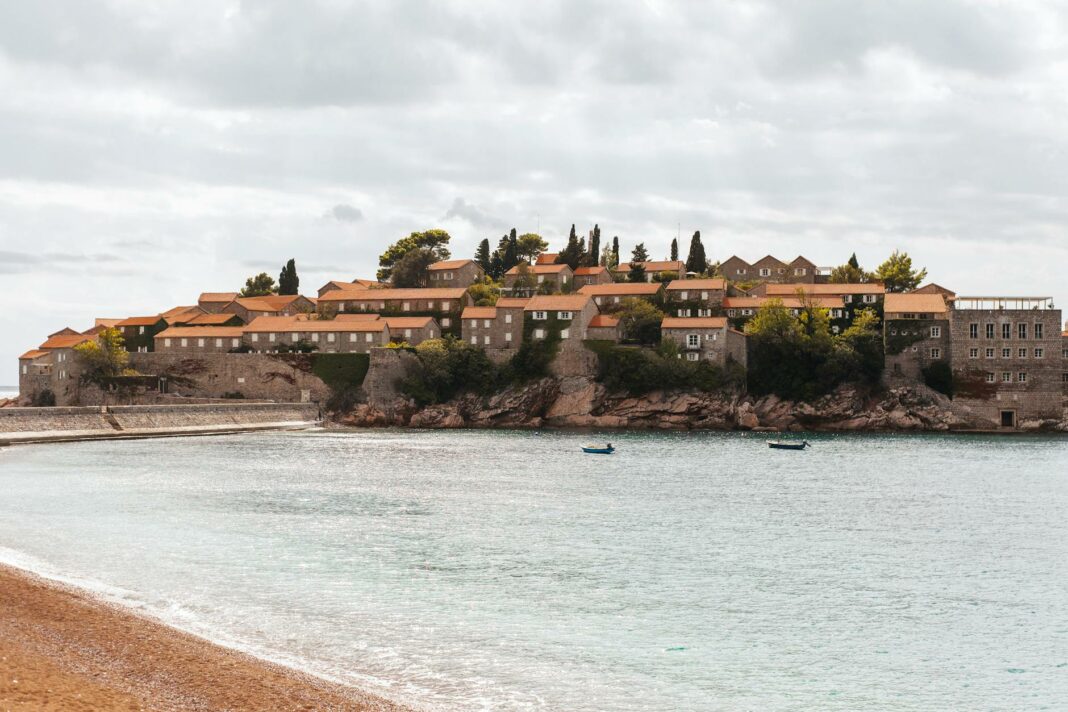Traveling is a beautiful way to experience the world’s wonders, yet it often takes a toll on our planet’s hidden gems. As more people venture off the beaten path, the delicate ecosystems and unspoiled landscapes are put at risk. While the desire to explore is undeniably thrilling, it is crucial to examine how our journeys may inadvertently harm the very treasures we seek to admire. This blog post delves into the impact of travel on these precious places and offers insights on how to be a more responsible traveler.
Rather than viewing travel solely as an escape or adventure, it’s essential to acknowledge our role in protecting the environment. Through mindful exploration, we can embrace the beauty of our planet while ensuring the conservation of its magical spots. Whether you are on a quest to experience the lush rainforests, vibrant coral reefs, or ancient heritage sites, instilling a sense of responsibility in our travels can lead to a more sustainable and enriching experience.
As travelers flock to scenic destinations, they unwittingly contribute to the degradation of natural landscapes. Popular spots are often overrun, leading to damage from increased foot traffic, litter, and pollution. Fragile environments such as beaches and high-altitude trails become less pristine each year, as their natural beauty is compromised. Not only does this affect the visual appeal, but it disrupts wildlife habitats, making it difficult for species to thrive. Unsightly waste left by tourists poses a significant threat, diminishing the experience for those who follow.
With responsible tourism, travelers can embrace the breathtaking views without leaving a negative imprint. Understanding when to visit and choosing less popular alternatives can reduce strain on these beautiful locations. It is crucial to promote sustainable practices that prioritize the protection of such landscapes, ensuring future generations can enjoy their magnificence. Less crowded areas can equally offer stunning experiences while benefiting local communities and ecosystems.
Every time we set foot in a new environment, the delicate balance of that ecosystem is affected. Coral reefs, often hailed as marvels of nature, face overwhelming stress from snorkeling and diving activities, leading to bleaching and degradation. Similarly, hiking in biodiverse forests disrupts soil composition and uplifts native plants. This unfathomable level of degradation can endanger both flora and fauna, leading to diminished biodiversity. Ecosystems act in harmony, and when a single component falters, it can create a ripple effect that impacts countless species.
Being proactive in ecological mindfulness can turn the tide on these issues. Opting for eco-friendly travel companies that support conservation efforts can significantly mitigate adverse effects. Participating in cleanup initiatives or volunteering with local organizations during travels can champion the cause of safeguarding these ecosystems. Making conscious decisions as travelers can thoroughly fortify natural wonders while nurturing their vitality for ongoing existence.
Travel often brings us face to face with ancient traditions and cultural treasures that have stood the test of time. However, the influx of tourists can lead to commercialization and the deterioration of these unique identities. Traditional crafts and rituals risk becoming mere performances for the sake of profit rather than authentic experiences that celebrate culture. This commodification may dilute the richness of history and heritage, transforming vibrant communities into mere tourist attractions stripped of their essence.
It is vital for travelers to engage meaningfully with local cultures and help preserve their authenticity. Attending local festivals, purchasing handcrafted souvenirs, and supporting community-based tourism initiatives can play a pivotal role in nurturing cultural integrity. By fostering genuine connections and prioritizing respect for traditions, travelers can contribute to the beautiful tapestry of human experiences while ensuring that future generations continue to appreciate these cultural treasures.
Embracing the role of a responsible traveler requires a shift in mindset. Simple practices can have a considerable impact; for instance, minimizing waste, choosing sustainable transport options, and planning to leave no trace can be transformative. Each decision made during travel can either contribute to degradation or foster conservation. When you opt for accommodations that have environmental certifications or participate only in ethical wildlife tourism, you greatly enhance the positive ripple effect of your journey.
By consciously making efforts to protect the environment, travelers contribute to a global community that values respect for nature. Sharing knowledge about eco-friendly travel options with fellow travelers cultivates a more informed and conscientious generation of explorers. Awareness and individual responsibility can elevate the act of traveling into a force for good, demonstrating that adventure does not have to come at the expense of our planet’s hidden treasures.
As enchanting as travel can be, it also carries an obligation to safeguard the wonders we visit. By understanding the impact of our choices and actively working towards responsible tourism, we ensure that future explorers can relish the pristine beauty of our planet. This journey toward mindfulness is not merely a task–it’s an adventure filled with purpose and promise, enriching the experience of exploring both the physical and the cultural landscape.
The Earth offers an abundance of hidden treasures waiting to be discovered under a watchful, caring eye. Each travel story we share can inspire a movement toward greater environmental stewardship. Ultimately, as we tread softly through the marvels of this world, we must remember to leave behind only footprints while carrying forth the memories of our responsibility to protect these vital treasures.
- How can I make my travel more sustainable?
Opt for eco-friendly accommodations, travel during off-peak seasons, and leave no trace by cleaning up after yourself. Engage with local communities to ensure your presence positively impacts their lives.
- What are some alternatives to popular tourist spots?
Research lesser-known attractions that offer similar experiences without the crowds, or explore nature reserves and national parks that welcome you into untouched beauty.
- How can I support local cultures while traveling?
Participate in local workshops, attend community events, and purchase handcrafted goods directly from artisans. This supports local economies and maintains the authenticity of their traditions.
- Why is responsible tourism important?
Responsible tourism allows us to enjoy the beauty of our planet while minimizing our impact on nature and culture, ensuring that these treasures are preserved for future generations.
Image Credit: Pexels





